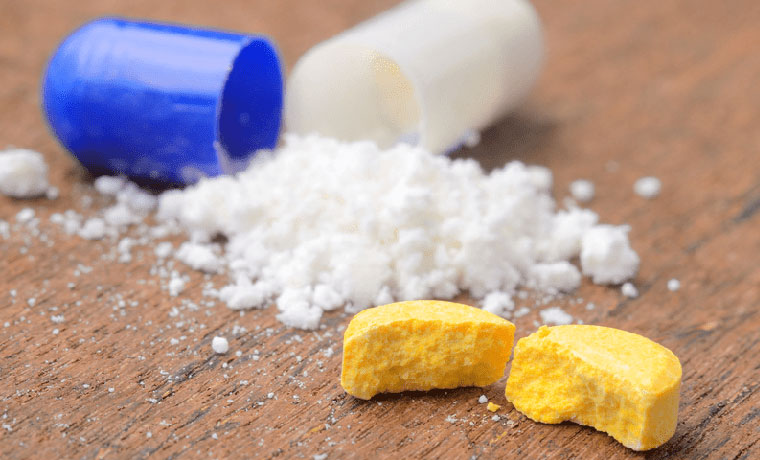
| Tests | Specifications |
| Appearance | Colourless to faint Yellow Syrupy liquid |
| D Sorbitol in 100 gms | More than 64 Gms |
| Refractive Index at 200°C | 1.445 to 1.465 |
| Specific Gravity at 200°C | More than 1.285 |
| Sulphate ash by weight | Max 0.1% |
| Reducing Sugar (in %) | 0.2 max or (min 12.8 ml of 0.05 N Sodium Thiosulphate) |
| pH | 6 - 7 |
| Arsenic max | 3 ppm |
| Heavy metal (as lead) Max | 10 ppm |
| Chloride Max | 50 ppm |
| Sulphate Max | 100 ppm |
| Nickel Max | 1 ppm |